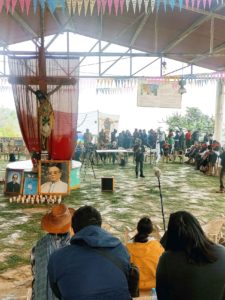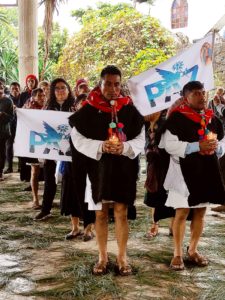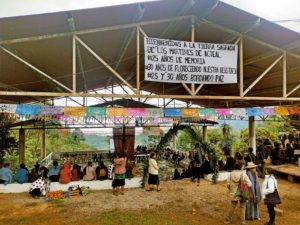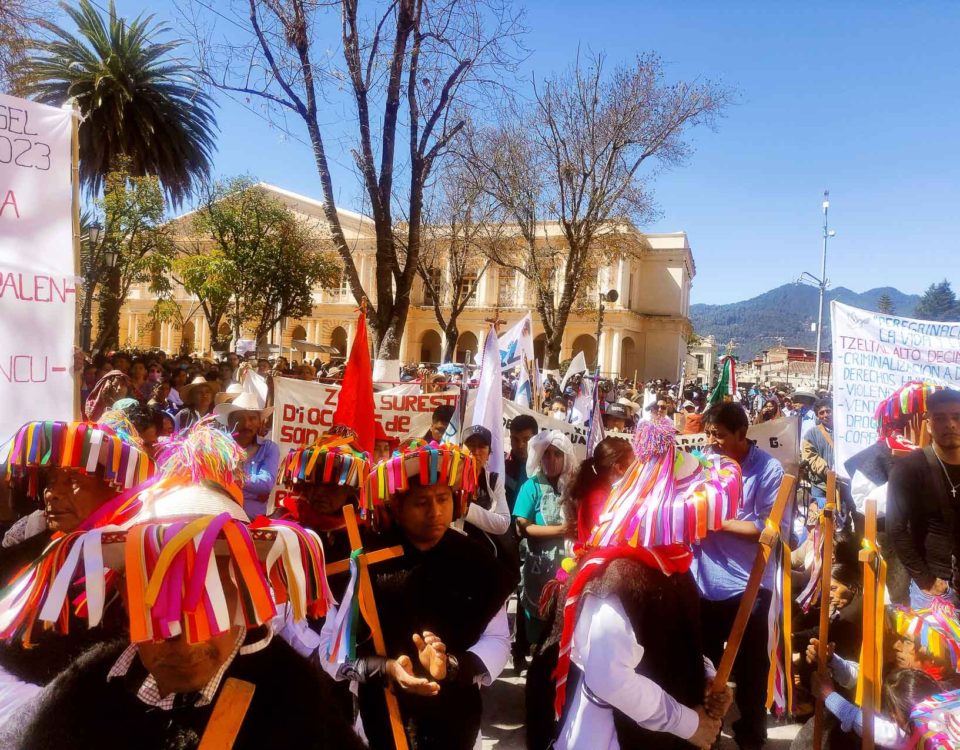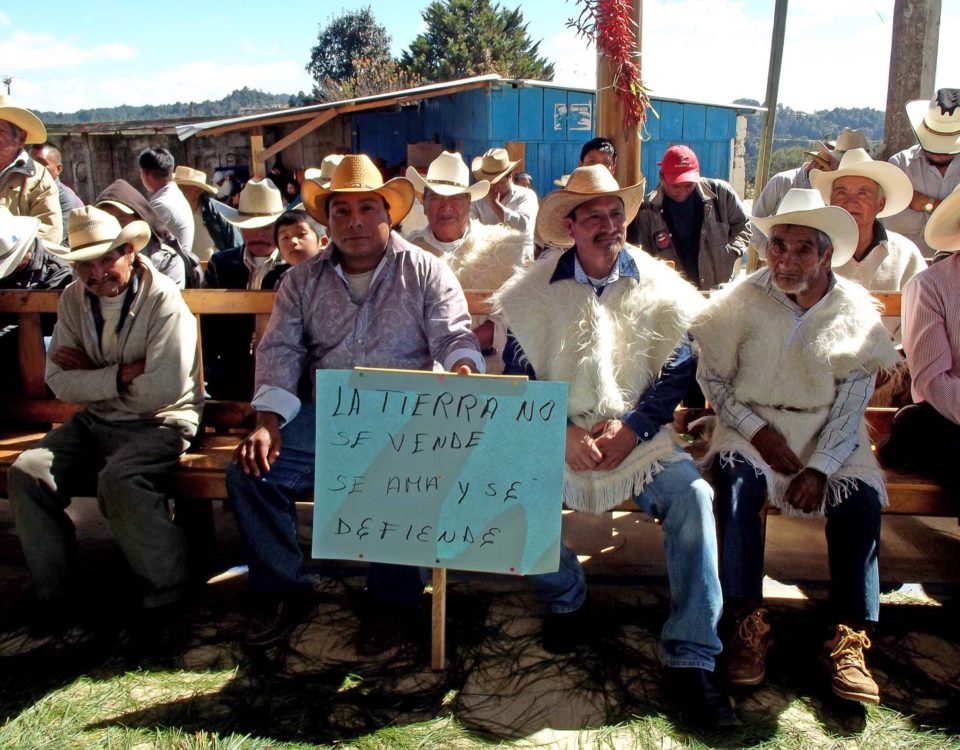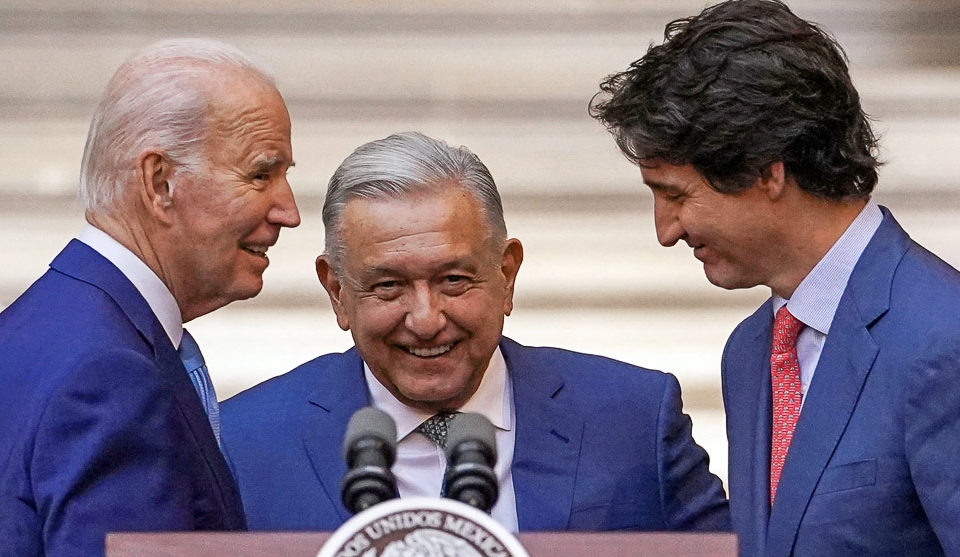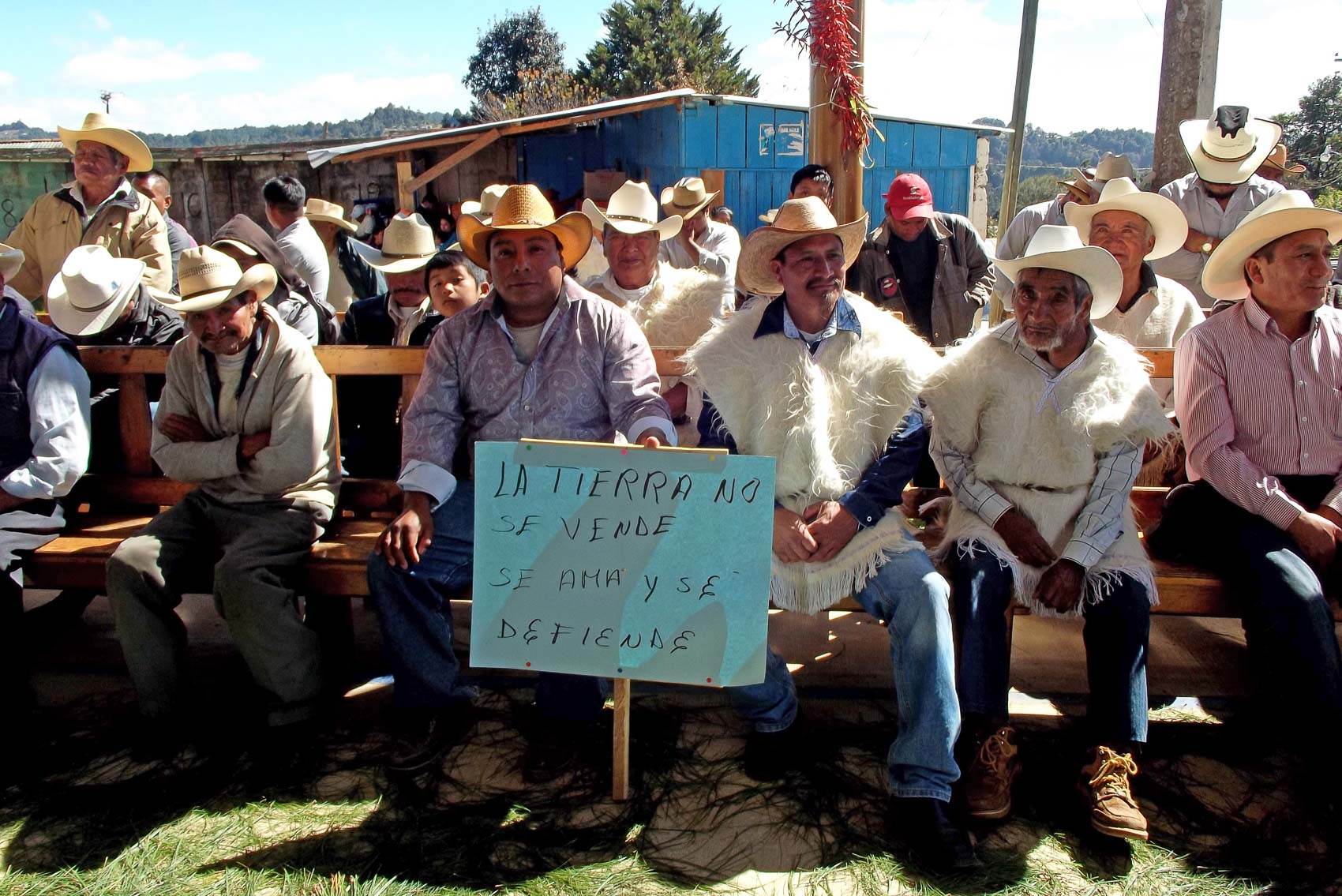
FOCUS: Megaprojects, a risk factor for those who defend territory
09/03/2023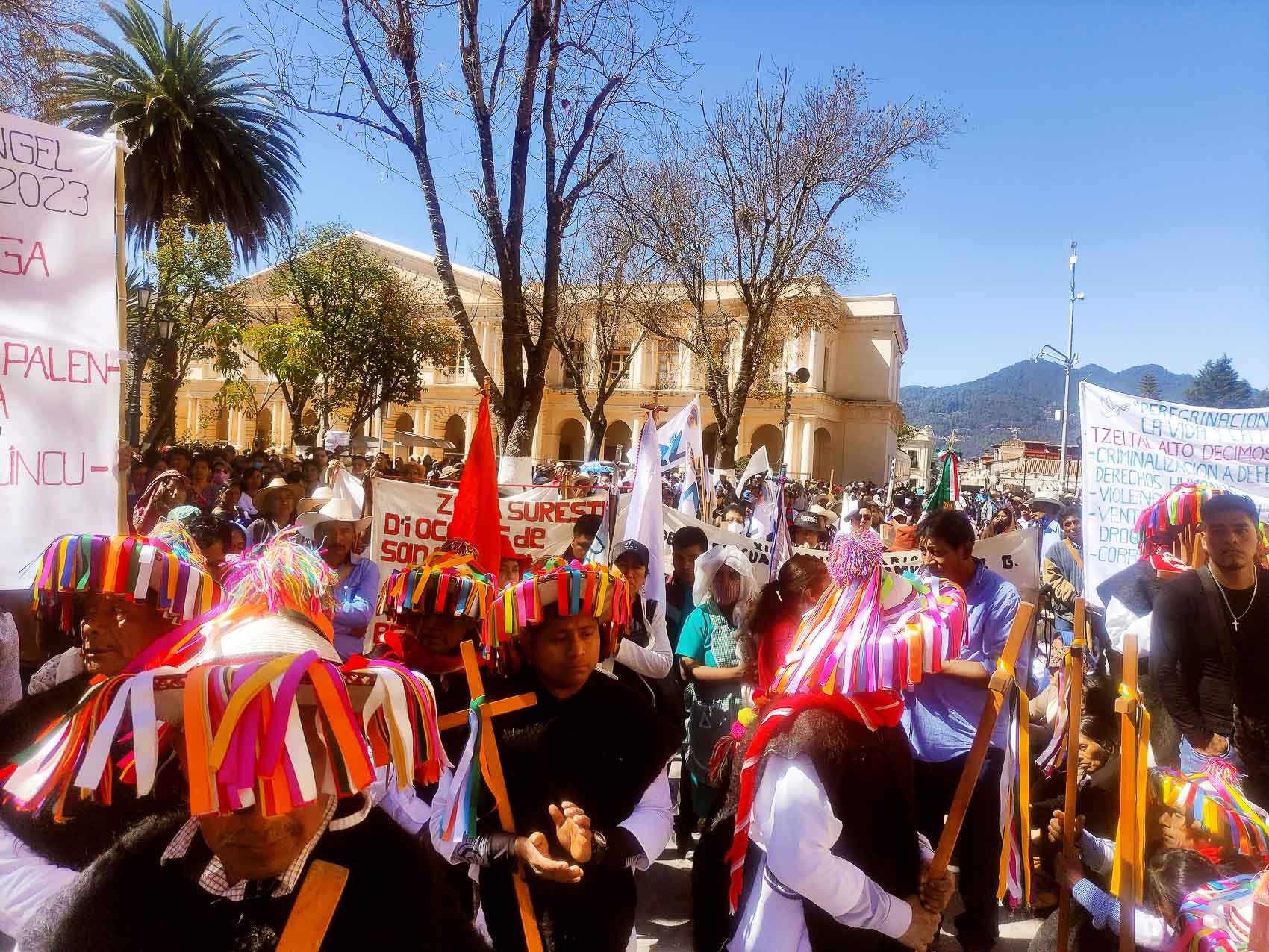
SIPAZ Activities (mid-November 2022 to mid-February 2023)
09/03/2023So today the Spirits of Life and Death mark our cycle, today we celebrate birth and death at the same time. It seems that death is the great end of everything, but it turns out that it is the beginning of the victory of memory and as one of the great teachers said: Do this in memory of me. Thus we are commemorating our birth and death as a perpetuity of remembrance and memory, a memory that is our own history and path.
O n December 21st and 22nd, 2022, various activities were held to commemorate the 25th anniversary of the Acteal Massacre, in which 45 people, mainly women and children, were murdered. Likewise, the 30th anniversary of Las Abejas Civil Society was celebrated, an organization to which the victims also belonged.
On December 22nd, 1997, 60 paramilitaries dressed in black shot at a group of men, women, and children from the civil society called “Las Abejas” with weapons exclusively used by the Army. The death toll was 45, all Tsotsil indigenous people, among them 18 women, four of them pregnant, 16 girls, four boys and 17 men. 26 more people were seriously injured. Of the victims, 12 died from beatings or stab wounds. Those who died from gunshot wounds were shot in the back.
The people attacked had taken refuge in the Acteal community in the weeks prior to the massacre because they suffered constant harassment from armed groups that burned their houses and crops, stole their belongings and pressured them to buy weapons or join their ranks. Completely unarmed, they celebrated a day of fasting and prayer in the Acteal chapel to ask for peace in the region. According to witnesses, the attack was perpetrated by around 60 people, and the fact that there was a mixed operations post (military, judicial and public security forces) 200 meters away has given rise to opinions pointing to the direct responsibility of the State Mexican for what happened.
The massacre affected and continues to affect not only the relatives but all of Mexico, above all because of the impunity that it has entailed when the State’s responsibility is not fully recognized and the victims’ right to truth and justice is denied. The relatives argued at the celebration last December that “25 years have passed since the massacre and to date this State crime remains unpunished, as we have denounced month after month for a quarter of a century and even though the governments are PRI, PAN or MORENA, instead of applying justice, have created strategies and policies of wear and tear”; and that “we can still not only say that Mexico’s judicial system is rotten, but that it is getting worse.” Las Abejas de Acteal explained that, since the 1997 massacre, the population of Chenalho has been divided by the counterinsurgency war of the Chiapas ‘94 Campaign Plan in response to the armed uprising of the Zapatista Army of National Liberation (EZLN) on January 1st, 1994.
The Tsotsil indigenous men and women pointed out that, from then on, the Chenalho city council, “which before served as authorities that watched over life and had the responsibility of maintaining respect and balance for all its inhabitants, have now become simple servants of the bad governments and deliver their people into the hands of death.”
For them, the impunity in the case of the massacre has led to the repetition of important human rights violations in the area up to the present. An example of this is the murder of Simon Pedro Perez Lopez from Las Abejas de Acteal, which occurred on July 5th, 2021, in the municipality of Simojovel. The murder occurred shortly after he denounced that the Mexican State does not confront the impunity of organized crime groups in the municipality of Pantelho (close to Chenalho). In this case, the investigation also continues its course without being completed.
Thus, the fight for justice continues. Given the difficulty in finding justice in Mexico (release of most of the perpetrators and lack of action against the masterminds behind the events), Las Abejas Civil Society turned to the Inter-American Commission on Human Rights (IACHR) so that the Mexican State recognized that it was a State crime. The substantive report is expected at any moment.
In the December events, the Fray Bartolome de Las Casas Center for Human Rights (Frayba), which has accompanied Las Abejas in their search for justice since 1997, stressed that “the current federal government has maintained silence and openly denied to the IACHR the involvement of Mexican authorities in counterinsurgency actions during the 1990s in Chiapas, and has consciously excluded this period from the study process of the Truth Commission for the Dirty War in Mexico” (which was created in October 2021). For this reason, it affirmed that “falsehood and impunity pacts are an aggression that keeps the wound open from the massacre that occurred on December 22nd, 1997, revictimizes and deepens the collective pain. They are a complete simulation.”
Despite numerous obstacles, the organization tries to provide a place of refuge for the people of the Chiapas communities and remains committed to the goal of building peace through non-violent strategies. In this sense, the Fray Bartolome de Las Casas Center for Human Rights (Frayba) highlighted the “inspiring” nature of Las Abejas Civil Society, which in spite of everything has managed to build “an island of peace and hope, a refuge from the storm that has taken over the region of the Chiapas Highlands.”

